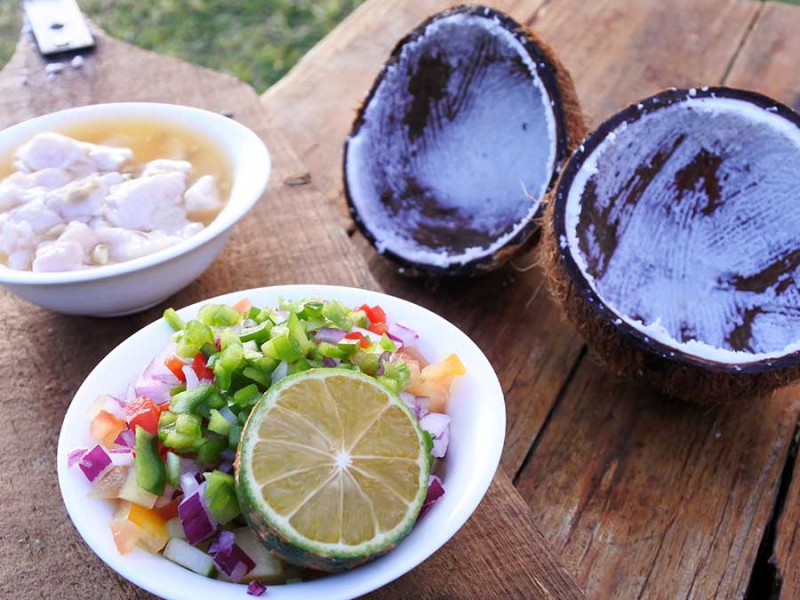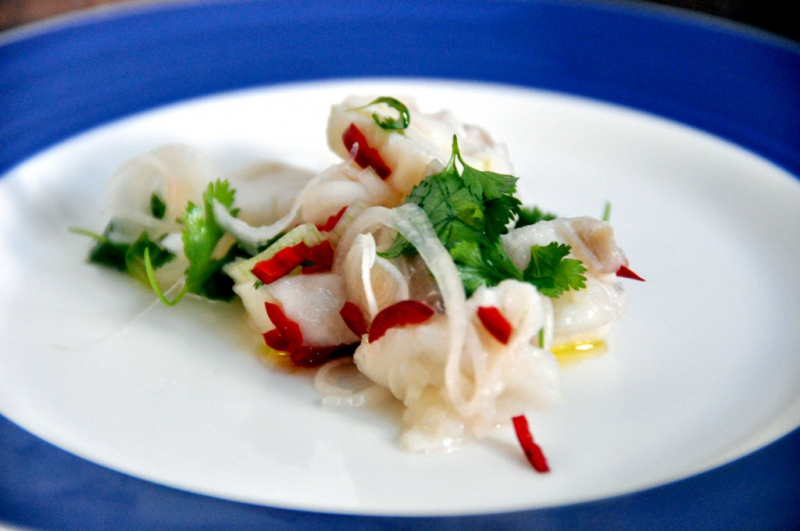Traditional Fiji Foods
Fijian cooking is traditionally done over an open fire or in an underground oven carved out of the earth and lined with banana leaves. The Lovo, or underground overcooking, is still practiced today and is an exciting cultural experience for all visitors to Fiji. Rice, sweet potato, cassava, fish, coconut, and taro are common foods in Fiji. Lovos are also used to prepare meat, chicken, and fish. Tropical and delicious fruits abound in Fiji, including sea grapes, pawpaw, banana, numerous melons, and, of course, pineapple and jackfruit!
Traditional Fijian produce contains a variety of distinctive delicacies. Rourou, a meal prepared from Dalo or Taro leaves cooked or stewed in coconut milk and served as a side dish with fish or poultry, is one of them.
Coconut bread, a staple, is referred to as the "tree of life" in Fiji and has been a component of the country's cuisine for thousands of years. Cassava is a distinctive Fijian delicacy that is used to make puddings and desserts. It is also known as tapioca or sago in other parts of the world. Fijian asparagus, or duruka, is used in curries and Lolo. Nama, also known as sea grapes or green grapes, are a type of caviar that grows in shallow waters and is served with chiles and lemon.
Taro is another Fijian delicacy. Taro, like potatoes and yams, is a root vegetable that is commemorated as Taro Day on the first full moon in May. Taro is also used in Palusami, a traditional Fijian meal that tastes like stewed spinach. Kava, a drink produced from yaqona and water, and Babakau, or fried bread, are two more unusual delicacies. Cawaki, or sea urchin, is an honorable consideration, as it is a popular delicacy today.















